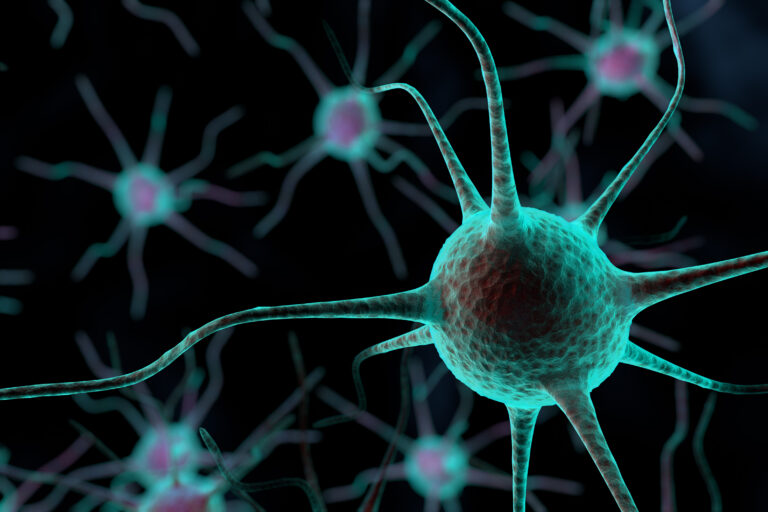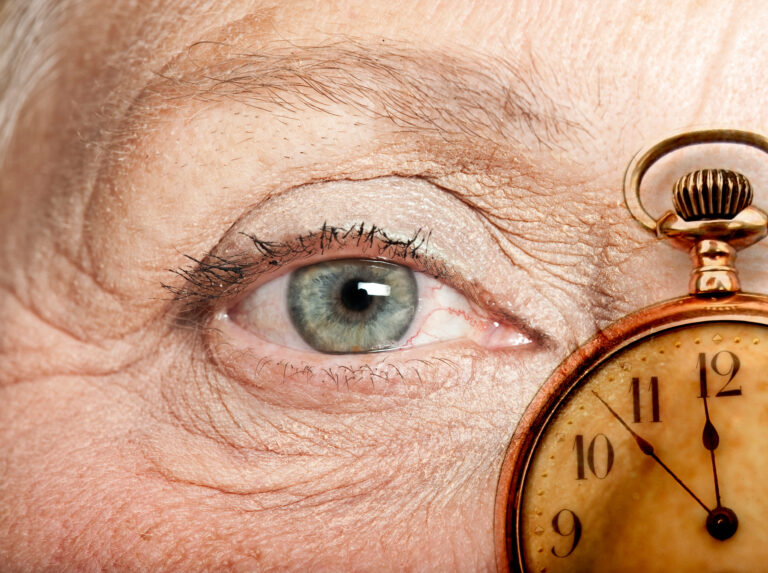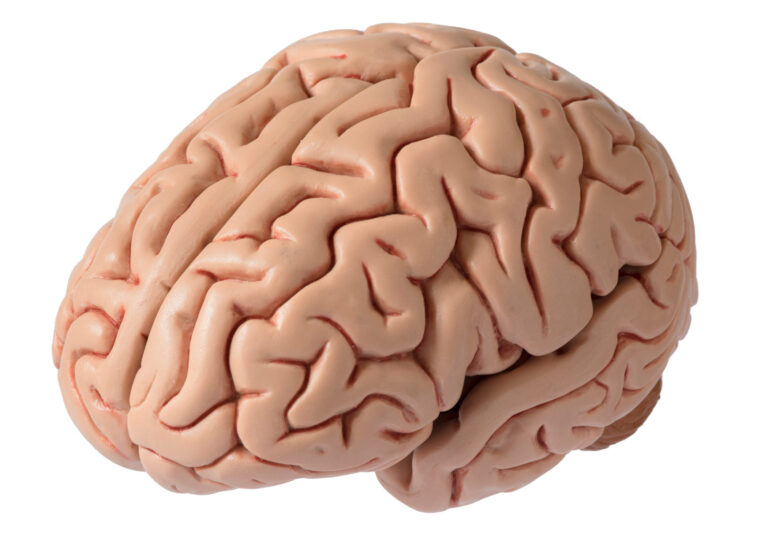Eating pasta before a marathon can be a beneficial strategy because pasta is rich in carbohydrates, which are the primary fuel source your body uses during endurance events like marathons. Carbohydrates are stored in your muscles and liver as glycogen, which your body taps into during prolonged exercise. Consuming pasta or other carb-rich foods in the days leading up to the marathon helps maximize these glycogen stores, a process known as carbohydrate loading or “carb loading” [2][3].
**Why Carbohydrates Matter Before a Marathon**
During a marathon, your muscles rely heavily on glycogen for energy. If glycogen stores run low, you may experience fatigue and a drop in performance, often called “hitting the wall.” Eating carbohydrate-rich meals before the race helps ensure your glycogen stores are topped up, delaying fatigue and improving endurance [1][2].
**How Much and When to Eat Pasta**
Carb loading is not just about eating a large pasta dinner the night before the race; it typically involves consuming high-carb meals for 1 to 3 days before the marathon. This approach allows your muscles to store more glycogen. The exact amount of carbohydrates needed depends on your body size, training intensity, and race duration, but a general guideline is to consume about 7-12 grams of carbohydrates per kilogram of body weight per day during this period [3][5].
For example, a runner weighing 70 kg might aim for 490 to 840 grams of carbohydrates daily in the days before the race. Pasta, rice, bread, potatoes, and other starchy foods are excellent sources. Meals should be familiar, not too heavy in fat or fiber, and easy to digest to avoid gastrointestinal discomfort on race day [3][5].
**What to Avoid**
Avoid high-fat, high-fiber, and spicy foods before the race because they digest slowly and can cause stomach upset, bloating, or indigestion during running. Instead, focus on simple, easily digestible carbohydrates. For example, pasta with a light marinara sauce and some lean protein like chicken is a good pre-race meal [5].
**Timing of the Pre-Race Meal**
Eating a meal 2 to 3 hours before the marathon start is recommended to maintain blood sugar levels and prevent hunger during the race. This meal should be carbohydrate-focused but not too heavy. If you have a low appetite on race morning, even a small carb-rich snack or sipping a sports drink is better than nothing [3][5].
**Post-Run Considerations**
After long runs or races, replenishing glycogen stores is critical for recovery, especially if you plan to run again soon. Eating carbs like pasta post-run helps restore muscle glycogen, which can be depleted by up to 40% after lengthy exercise [1].
**Gut Training and Race Day Nutrition**
It’s also important to train your gut to handle carbohydrates during running. Consuming carbs during training runs helps your digestive system adapt, reducing the risk of stomach issues on race day. This can include gels, chews, drinks, or whole foods, depending on your preference and race length [4].
**Scientific Evidence**
The practice of carb loading dates back to the 1960s, with studies showing that intensive exercise followed by several days of high-carb intake can double muscle glycogen stores. However, research results vary, and some recent meta-analyses suggest the increase in glycogen may not be as large for everyone. Still, carb loading remains a widely recommended strategy for endurance athletes [2].
**Summary of Practical Tips**
– Start carb loading 1-3 days before the marathon with pasta and other carb-rich foods.
– Aim for 7-12 g of carbs per kg of body weight daily during this period.
– Avoid high-fat, high-fiber, and spicy foods before the race.
– Eat a familiar, carb-focused meal 2-3 hours before the race start.
– Train your gut to tolerate carbs during running to avoid stomach issues.
– Replenish glycogen stores with carbs like pasta after long runs.
By following these guidelines, pasta can be an effective and enjoyable part of your marathon nutrition plan, helping you perform at your best on race day.
—
Sources:
[1] Runners World UK, “When to fuel up post-run to avoid next-day sluggishness”
[2] Runners World UK, “Carb loading: The mistakes that you didn’t know you were making”
[3] Twin Cities In Motion, “Last Minute Fueling Questions Answered”
[4] Runners Connect, “Race Day Fueling Guide: Train Your Gut to Avoid Runner’s Stomach”
[5] Healthline, “What to Eat Before Running”





